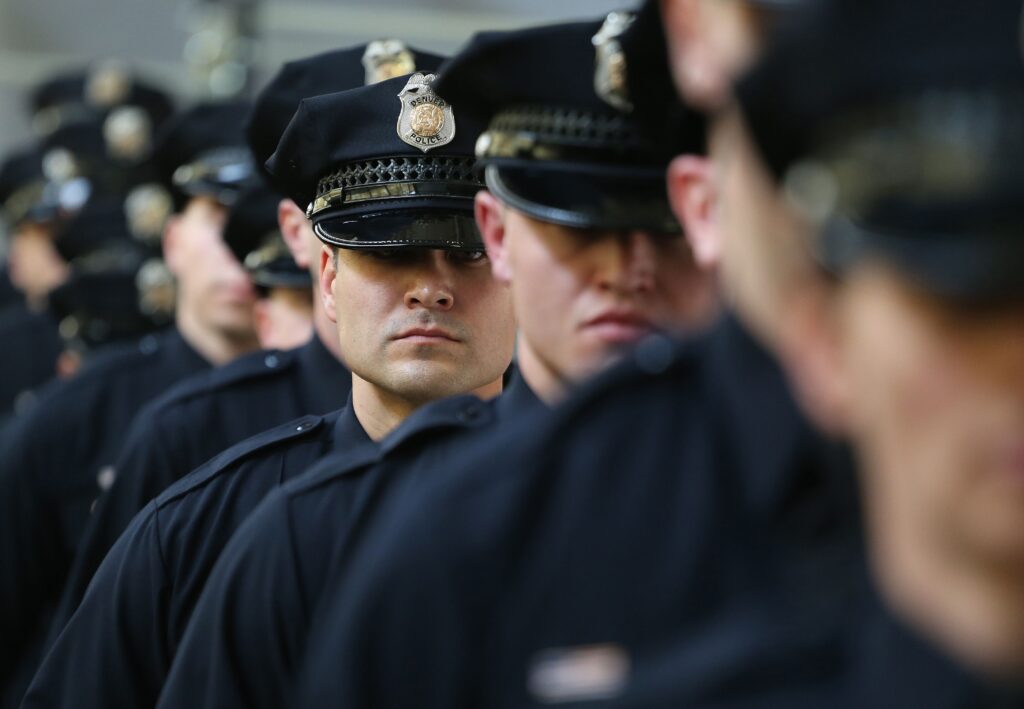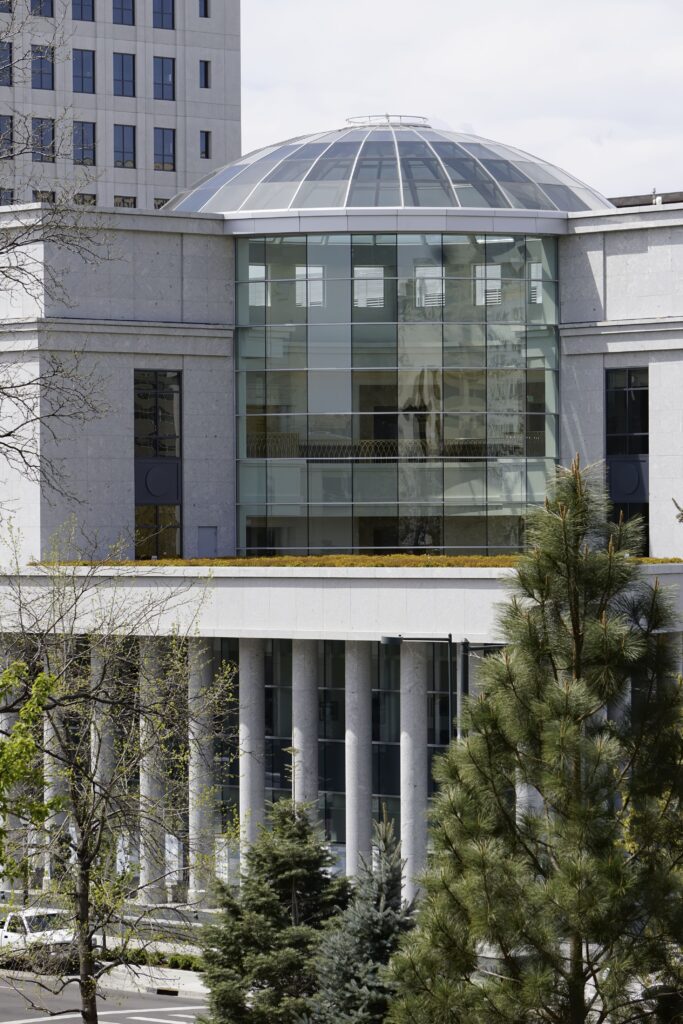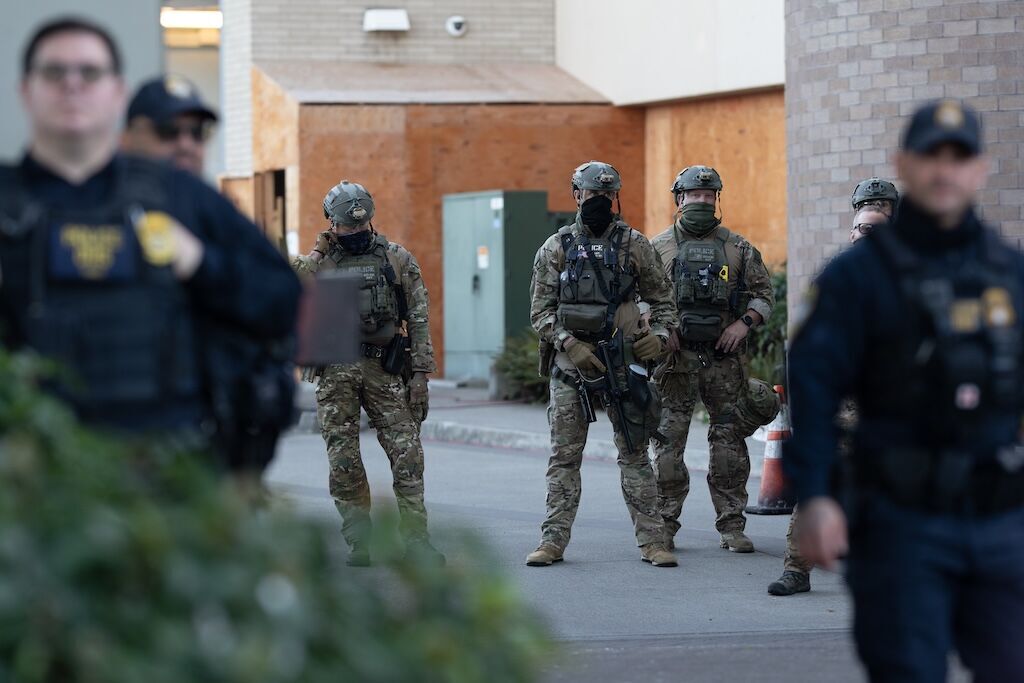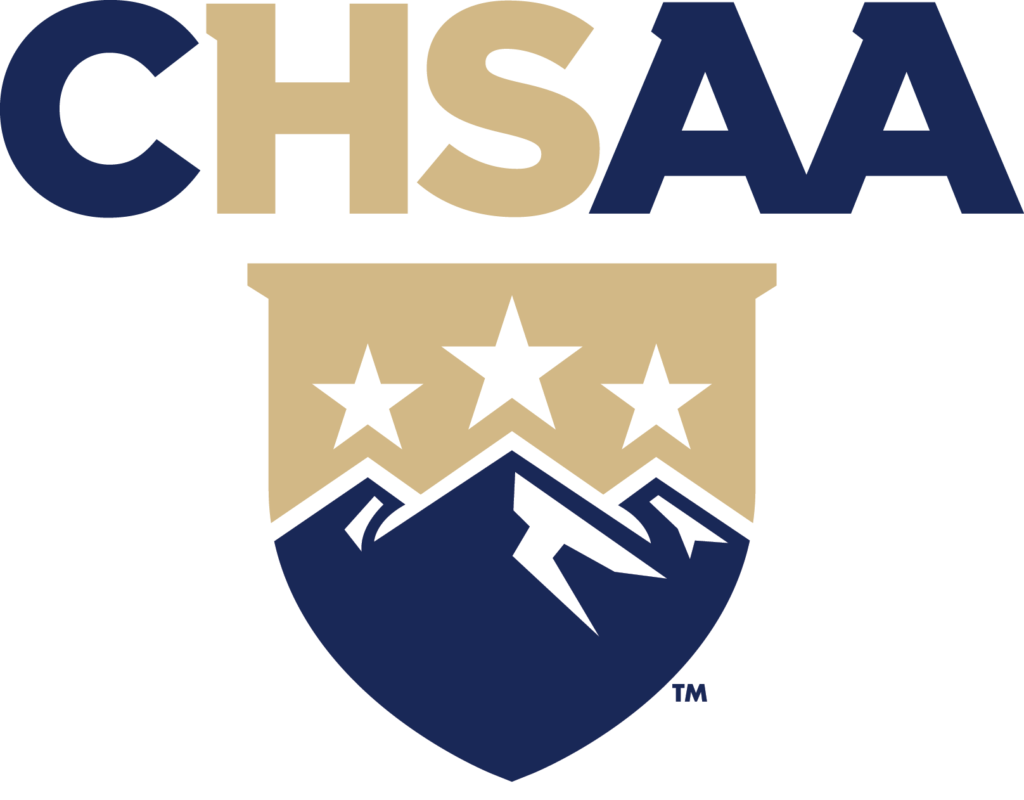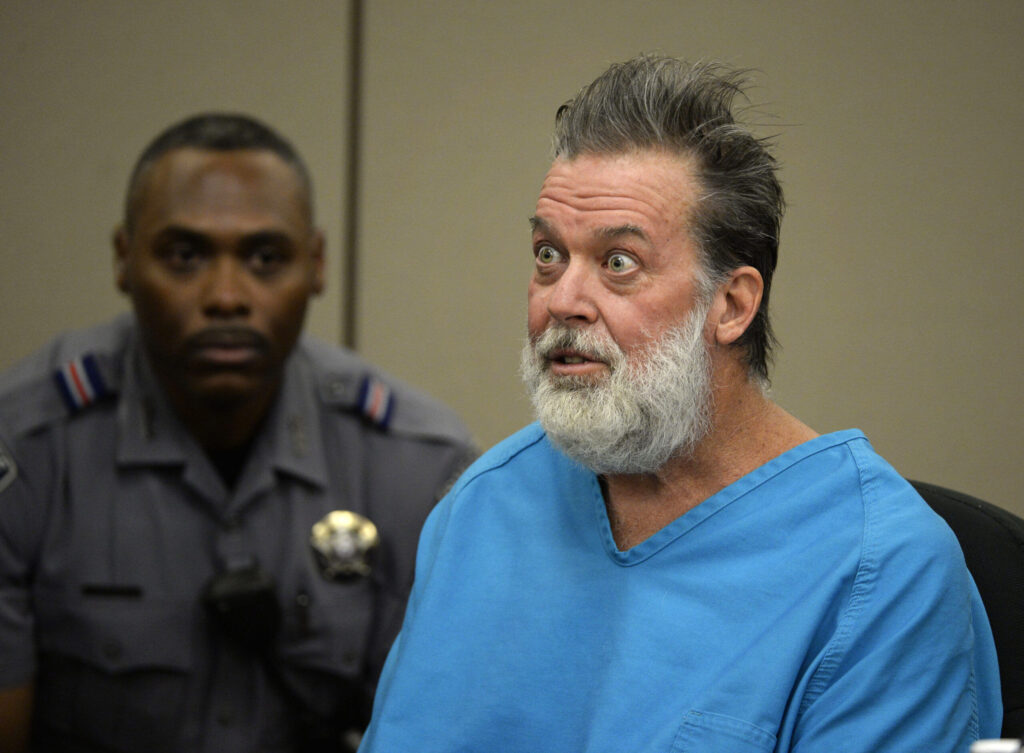Colorado Supreme Court bars man from further legal filings due to ‘ongoing abuse’
The Colorado Supreme Court barred a Parker man on Friday from making any more legal filings by himself, finding he repeatedly pursued groundless litigation aimed at harassing his opponents.
The unsigned May 23 order explained the Supreme Court had the duty to balance every person’s constitutional right to access the courts with the need to protect against “repetitive and unfounded” litigation from self-represented parties.
Kenneth P. O’Hanlon “has been undeterred by repeated warnings, sanctions, and attorney fee awards from multiple courts,” the justices wrote. Consequently, “this court is compelled to protect the courts and the public from further abuse.”
O’Hanlon did not immediately provide a statement in response to Colorado Politics’ email seeking comment.
“Mr. O’Hanlon has been abusing and misusing the judicial system for many years. Finally, the Supreme Court has ordered the abuse to stop,” said attorney Stuart D. Mann, one of five who petitioned the Supreme Court to prohibit O’Hanlon from litigating without an attorney going forward.
In 2011, a civil complaint about a business dispute was filed in Denver District Court, with O’Hanlon as the defendant. But in the decade since, O’Hanlon, representing himself, has deluged the court system with numerous filings and motions against his adversaries, many of which judges denied or found outright frivolous. No fewer than 17 judges across several courts addressed O’Hanlon’s claims and have repeatedly admonished him:
• “The record demonstrates that Mr. O’Hanlon has a history of ignoring court orders,” wrote U.S. District Court Senior Judge R. Brooke Jackson
• There is “simply no basis for O’Hanlon’s innumerable filings in this case which has long been resolved,” wrote retired Jefferson County District Court Judge Stephen M. Munsinger
• “By now, he should have been aware that his endless efforts to litigate the same issues are, and have been, vexatious and frivolous,” wrote Court of Appeals Judge Ted C. Tow III
In May 2024, Denver District Court Judge Jon J. Olafson barred O’Hanlon from filing anything further in the original 2011 civil dispute. Olafson noted O’Hanlon’s repeated filings in a case that had been closed for over a decade were sucking up resources from the court and from the parties on the other side.
“The Court also finds that Defendant O’Hanlon’s conduct has become egregious. While it may cost Defendant O’Hanlon very little to file repetitive and improper claims, motions, and exhibits, other litigants suffer from this abuse of the justice system,” Olafson wrote.
On Feb. 18, several attorneys and entities who had been subjected to O’Hanlon’s filings over the years asked the Supreme Court to step in and prevent O’Hanlon from submitting anything else to the state judiciary without a lawyer. They wrote that O’Hanlon had been ordered to pay $210,000 in their attorney fees and costs. They also alleged O’Hanlon filed 14 motions in a single day in 2016.
“Still, he has continued to pursue largely the same claims against the same individuals and entities,” the petitioners wrote. “When appeals are exhausted and cases are closed, O’Hanlon repeatedly requests that they be reopened and then appeals the denial of his requests.”
While the petition was pending, the Court of Appeals once again sided against O’Hanlon, upholding Olafson’s prohibition on filing anything further in the 2011 case.
“O’Hanlon continues to assert arguments that courts have repeatedly and expressly rejected; he violates the appellate rules; and he presents arguments in a conclusory fashion without developed factual or legal argument,” wrote Judge Grant T. Sullivan in an April 17 opinion. He added that the appellate court saw no other objective from O’Hanlon than to “continually harass” the opposing side.
O’Hanlon, in response to the petition, largely described why he believed the move to cut off his court access was an attempt by his opponents to “cover up their Fraud.” He also argued they were the real “abusers of the Courts and Constitutional Due Process.”
“If O’Hanlon’s claims are valid,” countered the petitioners in their reply, “he should have no trouble in finding legal representation in light of the millions of dollars in damages he has claimed.”
The Supreme Court, in its order, characterized O’Hanlon as waging an unsuccessful “campaign” that was “aimed at overturning orders entered against him and seeking to nullify agreements that he signed to settle contempt proceedings against him.”
O’Hanlon’s “history of frivolous and groundless litigation demonstrates an ongoing abuse of the judicial process aimed at harassing Petitioners and others,” the court continued. “It also has impeded the normal functioning of judicial processes by, among other things, depriving other members of the public of limited judicial resources.”
In barring O’Hanlon from continuing to file on his own, the court noted he may “of course” preserve his access to the legal system by hiring an attorney.
O’Hanlon is the third person upon whom the Supreme Court has imposed filing restrictions in the past four years. The court noted the other instances also involved sustained harassment through meritless litigation.
The case is O’Hanlon v. Mann et al.
Colorado Politics Must-Reads:




